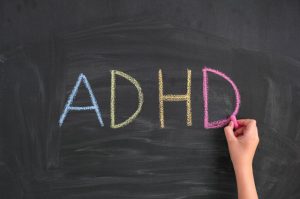Diagnose
Diagnostic TestingHow Do You Find a Qualified Diagnostician? |
||||||||||
| In order to have a proper diagnosis and proper plan of intervention and remediation, a thorough differential diagnosis should be administered, which considers the entire syndrome of dyslexia and attention deficit disorders. No SINGLE test exists that can identify dyslexia. No IQ test exists that can identify dyslexia.Diagnosticians should give a variety of tests which examine the individual’s learning, language, perceptual, and intellectual strengths and weaknesses.
Diagnosticians may be educational specialists, speech and language pathologists, or psychologists who are trained in the field of dyslexia. Questions PARENTS should ask when choosing a diagnostician:
NOTE 1: If a diagnostician continually keeps shifting back to using the term specific learning disability, then the diagnostician probably does not really understand or know how to identify dyslexia. NOTE 2: An excellent resource for parents searching for a diagnostician is Testing: Critical Components in the Clinical Identification of Dyslexia, published by the International Dyslexia Association, Chester Building, Suite 382, 8600 LaSalle Rd, Baltimore, MD 21286-2044, phone (410) 296-0232 or (800) ABC-D123. Questions ADULTS should ask when choosing a diagnostician:
NOTE 1: If a diagnostician continually keeps shifting back to using the term specific learning disability, then the diagnostician probably does not really understand or know how to identify dyslexia. |
||||||||||
Characteristics of Dyslexia/ADD
|






